Born in New Orleans in 1899, Alonzo "Lonnie" Johnson was one of America's great blues and jazz artists, touring with Bessie Smith, recording with Louis Armstrong and Duke Ellington, with Charlie Christian and Eddie Lang, with stride piano giant James P. Johnson and so many more.
He was a guitar pioneer. In fact, blues historian Gérard Herzhaft believes Johnson was "undeniably the creator of the guitar solo played note by note with a pick, which has become the standard in jazz, blues, country and rock.”
He started that style as early as 1927 with his solo on "6/88 Glide" for Okeh Records.
More Chops Than That
But while his guitar innovations reached both Delta blues and urban players who adapted and developed them into the modern electric blues style, Johnson also was known in the 1920s as a sophisticated and urbane singer and composer.
In fact, "of the 40 ads for his records that appeared in The Chicago Defender between 1926 and 1931,” music historian Elijah Wald notes, “not one even mentioned that he played guitar."
But when record sales plunged in the Depression, Johnson’s output dwindled and he worked for a while at a Cleveland radio station, among other jobs, just to make ends meet.
Things started looking up again in 1937 when he went to Chicago to begin recording for Decca. Two years later he joined Lester Melrose’s roster at the new Bluebird Records, for which Lonnie recorded 34 tracks over the next five years.
The Song
A solo hit from one for the last of the Bluebird sessions was Johnson’s composition, “He’s a Jelly Roll Baker,” recorded Feb. 13, 1942, with Blind John Davis on piano and Andrew Harris on bass.
In addition to its scintillating guitar break, the track’s lyrics demonstrate Lonnie Johnson’s growth as a savvy songwriter. “Jelly Roll Baker” presents a swaggering protagonist who proclaims his love-making prowess with women from all walks of society, from a judge's wife to a hospital nurse.
Influences
Lonnie’s second career — which included “I Know It’s Love” on which he switched to the electric guitar that would be his signature instrument from then on — eventually disappeared under an avalanche of rock ’n’ roll in the early ‘50s.
Ironically, “Tomorrow Night,” a Johnson hit on King Records, was one of Elvis Presley’s earliest pressings for Sam Phillips at the Sun studios. (Presley recorded it in September 1954, though it wasn’t released for another dozen year.)
Meanwhile, Lonnie Johnson gained acclaim with a new crowd 10 years later during the folk music revival.
The Flood learned its version of “Jelly Roll Baker” from Tom Rush’s debut Elektra album, released in 1965. Rush, who picked up the tune from fellow folkie Geoff Muldaur, recorded it with Bill Lee on bass and John Sebastian on harmonica.
Lonnie’s Last Years
Johnson life was cut short when he was hit by a car while walking on a sidewalk in Toronto in March 1969.
Seriously injured, he suffered a broken hip and kidney damage. A benefit concert was held on in May 1969, with two dozen acts, including Ian and Sylvia, John Lee Hooker and Hagood Hardy.
Never fully recovering from a subsequent stroke, Johnson died 13 months later.
Our Take on the Tune
As noted, while this sassy song as written and recorded 80 years ago as a rhythm and blues hit, we owe our version to our folk music heroes of the 1960s.
To this day, it’s one of those perfect warmup tunes for us, because it provides plenty of stretching-out room for solos by everyone in the house, Danny and Sam, Randy and Jack.
More Blues?
If you’re not ready to end today’s blues infusion, you can get a big dose of Floodishness with the Blues Channel on our free Radio Floodango music streaming service. Click here to tune in and enjoy the jelly roll.








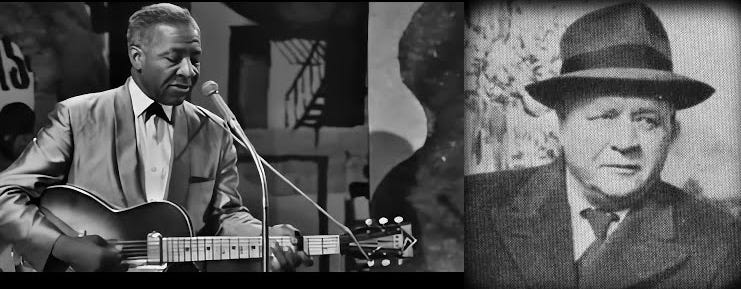
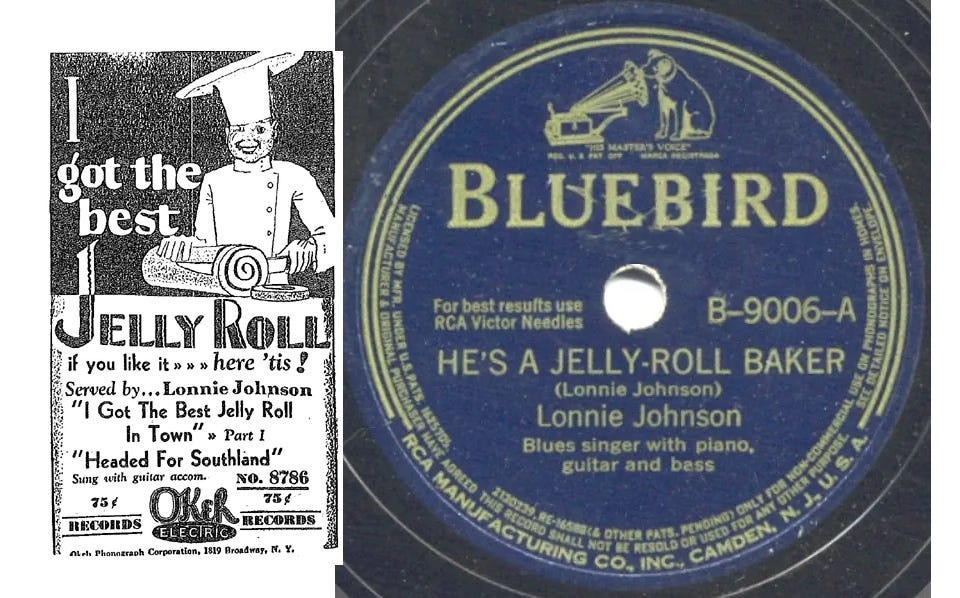



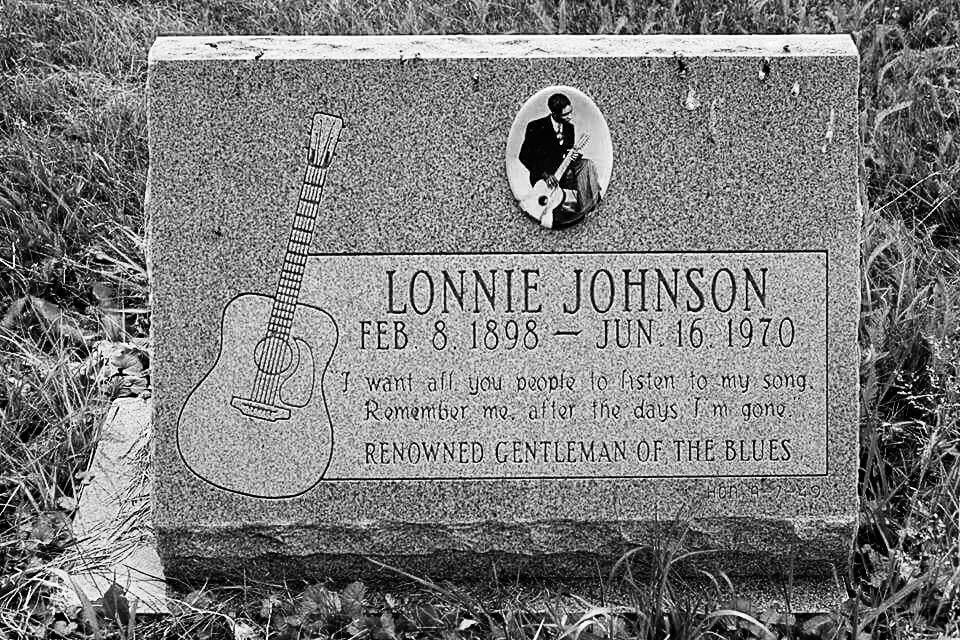









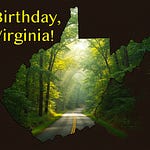
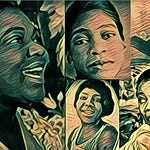
Share this post